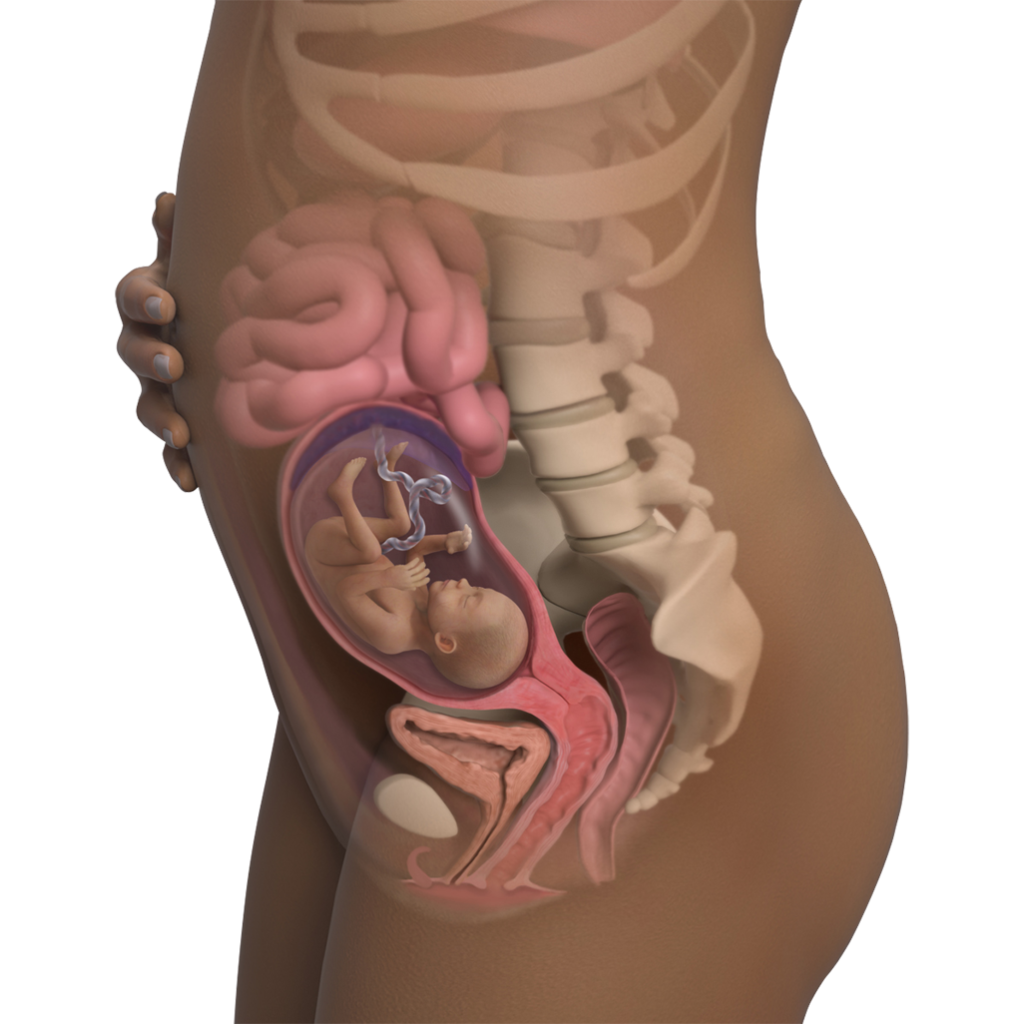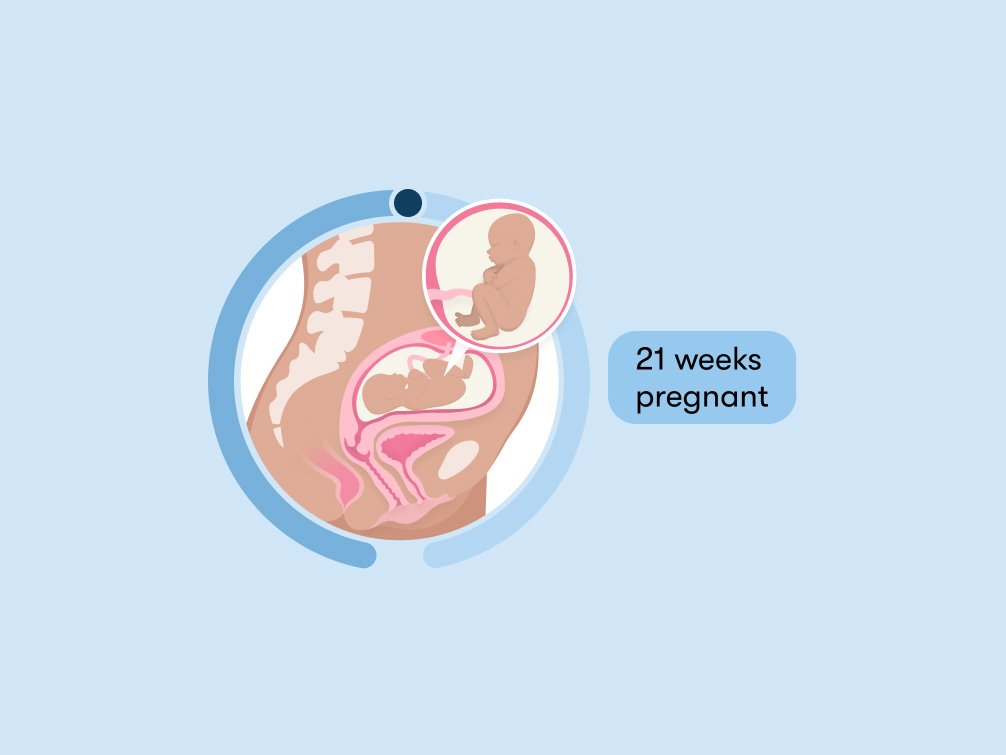During the 21st week of pregnancy, significant developments occur for both the expectant mother and the baby. This period falls in the middle of the second trimester and brings about many changes.
For the Expectant Mother:

- Physical Changes: By the 21st week, the expectant mother typically experiences more pronounced pregnancy symptoms. The abdomen continues to grow, leading to increased weight and abdominal expansion, which may cause some women to develop stretch marks. Additionally, issues such as backaches and leg cramps may arise.
- Emotional Changes: Hormonal fluctuations persist and can affect the expectant mother’s emotional state. Feelings of excitement, anxiety, and anticipation related to pregnancy may become more pronounced during this period. Seeking support and expressing emotions are important strategies for coping with these emotional changes.
- Prenatal Care: Regular prenatal care remains crucial during the 21st week of pregnancy. These check-ups involve closely monitoring the baby’s development and conducting necessary tests. It’s essential for the expectant mother to share any concerns or problems and seek assistance from healthcare professionals.
For the Baby:

- Organ and Tissue Development: The baby continues to rapidly develop organs and tissues during the 21st week. Organs such as the lungs, kidneys, liver, and brain become more complex and begin functioning.
- Movement: During this period, the expectant mother may start to feel the baby’s movements. As the baby grows rapidly, they take up more space in the uterus, making their movements more noticeable to the expectant mother.
- Sound Perception: The baby begins to perceive external sounds in the womb. The mother’s voice may be one of the most familiar sounds to the baby, so speaking or singing to the baby can be comforting and aid in bonding.
The 21st week of pregnancy is a critical period for both the expectant mother and the baby, marked by increased physical and emotional challenges for the mother and continued development milestones for the baby. Maintaining healthy lifestyle habits, receiving regular prenatal care, and staying in communication with healthcare providers are essential for ensuring the best outcomes for both mother and baby during this time.
Visited 19 times, 1 visit(s) today

